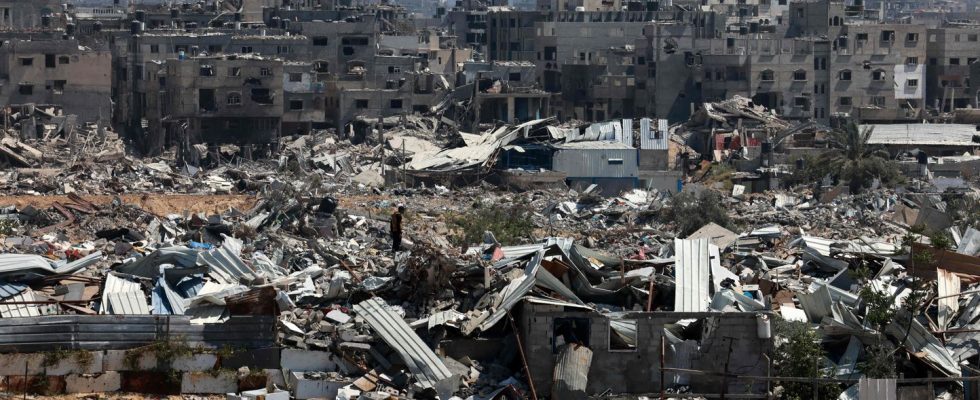“We are one step away from victory. But the price to pay is painful and heartbreaking. » Benjamin Netanyahu assured his war cabinet that the Israeli army was close to having achieved its goal, six months to the day after the Hamas attack and the start of the response. “There will be no ceasefire without the return of the hostages. This will not happen,” he also warned while an Israeli delegation must participate in Cairo in new truce negotiations with Hamas via international mediators (United States, Qatar, Egypt).
As proof of goodwill or consideration of the troops, the Israeli army has at the same time announced to withdraw its troops from the south of the Gaza Strip. “Today, Sunday, April 7, the 98th Commando Division of the Israeli Army completed its mission in Khan Yunis. The division left the Gaza Strip in order (…) to prepare for future operations,” the army said in a statement.
According to Israeli media, all troops have left the south of the Gaza Strip. The Israeli daily Haaretz, citing an anonymous military official, explained the withdrawal by the fact that the army had achieved its objectives by dismantling Hamas in Khan Younes.
Rafah still targeted?
Located 3 km south of Rafah and transformed into a field of ruins by Israeli bombings, the town of Khan Younes, the largest in the south of the territory, was for months the epicenter of the battle between soldiers and fighters. of Hamas. On foot, by car or on carts pulled by donkeys, dozens of Palestinian refugees in Rafah headed back to Khan Younes, immediately after the Israeli withdrawal preceded by strikes on the two cities, according to images from the ‘AFP.
After “the elimination of 19 of the 24 Hamas battalions”, Benjamin Netanyahu, however, reiterated his determination to eradicate the armed movement “throughout the entire Gaza Strip, including Rafah”, a town in the far south, on the border Egyptian, where there are 1.5 million Palestinians, most of them displaced by the war.
However, the conflict could also move to Israel’s northern borders. Fears of regional escalation are real. Already fueled by almost daily exchanges of fire with Hezbollah on the Israeli-Lebanese border, they intensified after Iran’s threat to respond to the death of seven Iranian Revolutionary Guards in a strike attributed to Israel on the Iranian consulate in Damascus.

